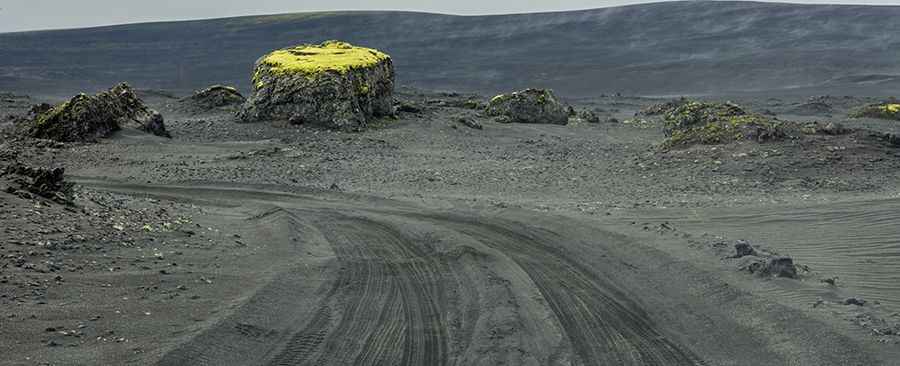What You Need to Know About Driving the Road F232 in Iceland
Situated in the Southern Region of Iceland, the F232 (Öldufellsleið) is a very challenging drive with breathtaking landscape and rugged rivers. It is only suitable for 4x4 vehicles with significant fording capacity, and there are no services or networks along the way.

Where Does Road F232 Start and End?
The road runs from Road 209 close to Hrífunes to Road F210 near the Hólmsá river. It traverses rough and challenging terrain, including black sand and lava dunes.
What Car Do I Need to Drive Road F232?
It is recommended to drive only in a full-size 4x4 with high clearance. In dry weather, the F232 is rough but not extremely difficult to drive, with large potholes, numerous ruts, and large boulders on the surface. Driving in a small passenger car is irresponsible and dangerous.
Is Road F232 remote?
The road is remote and not very busy, and there is little passing traffic or inhabitants around. In case of a breakdown, there is no cell phone service in some areas.
Is Road F232 Open in Winter?
Located in Fjallabak, to the north of Myrdalsjökull glacier, the road is heavily potholed, causing the vehicle to bounce, labor, and shake. Situated in the Southern Highlands within the Vatnajökull National Park, it’s one of the famous F Roads of the country. It is surrounded by a lunar landscape and is typically open during the summer months, from late June to early September. The area features a volcanic landscape with black ashes.
Are there rivers to cross on the Road F232?
Along the way, deep river crossings are encountered, including the challenging Bláfjallakvísl river. Crossing big rivers requires experience, and attempting it with one car or during heavy rain can be treacherous. Only well-equipped jeeps and larger vehicles are suitable for crossing rivers. It is crucial to check the river's depth and condition. The road is amazing during the day but can be dangerous at night. Rental car insurance does not cover damages from water, including those caused by crossing rivers.
Pic: Janos Rajki